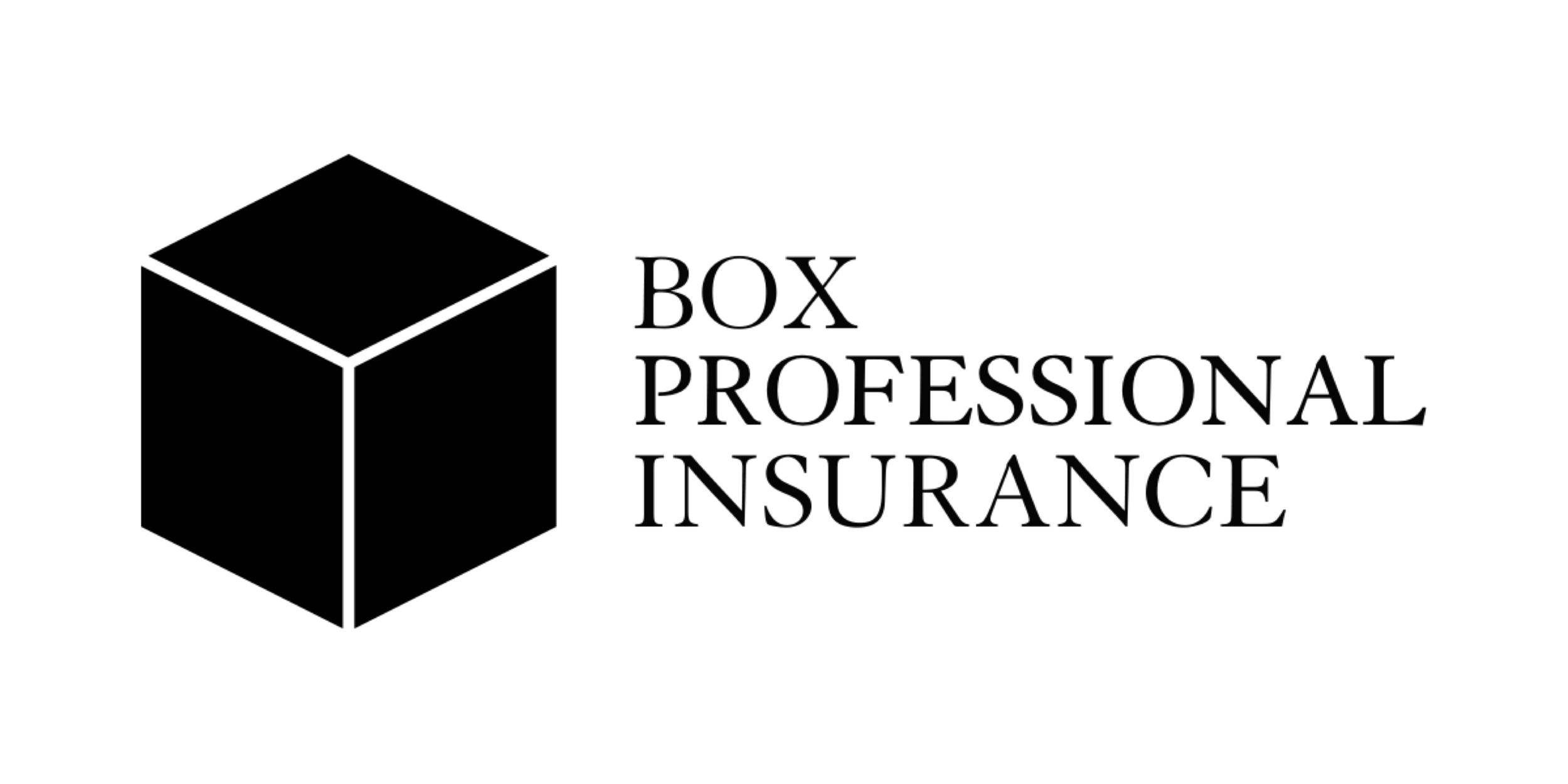Strong Associations build Strong Communities
Last week, I had the honor of presenting at the Financial Planning Association’s annual conference in Dallas-Fort Worth, or ‘FPA DFW.’ Anyone familiar with the area knows that there is such a powerful and vibrant advisor community in and around Dallas—America’s new Wall Street, as some say. And the FPA DFW event is one of the main epicenters where this community comes together to share ideas and strategies. I believe this conference stands to become even stronger as a regional and national draw, because of the enormous dedication of the volunteers, and the high quality of the presenters and venue. As I reflect on the event, I am reminded of the words of a longtime mentor of mine—my father-in-law, who had a tenuous relationship with industry associations throughout his career. It’s his cynical perspective on the value of the ‘Industry Association’ as a concept that I want to use to bring light to my very optimistic one.
My father-in-law built and ran one of the largest body shops in Oregon during his career. He and his brand were well-known throughout the Northwest, and he had an influential presence in both the body shop community and the insurance community. In his mentorship of me as a young man, he would share a certain skepticism with me around the subject of industry associations. The main gist of his skeptical take—leaders in an industry won’t receive any value from participating in an association, while others will take what they share and attempt to copy their success.
There is certainly at least a seed of merit and validity to this perspective, no? Still, I think we are compelled to look at its alternative. Don’t we all need, at times, exposure to new ideas and thinking? Don’t we all need the kind of support provided to us by community and relationships? One question to a cynic might be—what is the best way to stay abreast of industry changes? Certainly, in today’s world, we can remain richly informed without participating in any community—by reading periodicals, by following key leaders on social media, by tracking the process of key changes in the legislative environment, and other options available to us. But what is the most robust, and efficient way, to be truly informed?
I’d humbly submit to you—and my father-in-law—that face-to-face involvement in an industry-specific and profession-driven community is the holy grail here. That’s the value of attending a conference like FPA DFW. Attend a regional industry event and sit through a breakout session, elbow-to-elbow with your peers, and you’ll have the opportunity to talk directly with other business leaders that are facing the same challenges that you are facing in real time—not 2016’s challenges; not 2018’s issues; the issues and challenges facing us today and tomorrow. This is not to say you’ll always find the silver bullet for the thorn in your side, if I may mix metaphors, but I have found it cultivates a mindset of openness, adaptation, and early adoption of new ideas.
Just some food for thought as we pass the midpoint of 1Q20.
-------------
I would like to point out a few individuals that work particularly hard to make this event special—I was blessed to see again last week. A big thank you to Steve Ryder at True North Networks. It was a pleasure co-presenting with you on the risks in the Cyber world. Thank you to Jarrod Upton of Herbers & Company for your gracious introduction of me to so many dynamic new people in the DFW community. Thank you to the Bridgeway Capital Management team, who supported Shannon Sedgwick Davis with a wonderful presentation and a moving discussion to close the event. And, of course, thank you to all the volunteers that put the event together including Ginnie, Taylor, Lacey, Sergio, and Melisa, just to name a few.
-------------
Written By: Chad Ramberg
Today’s BPI Advice: Be involved with an association. If you’re a cynic—I get it, but give it a try. Capable associations strengthen the advisor community as a whole, and they will almost certainly introduce ideas that you may not have had exposure to otherwise. The reality is that “you don’t know what you don’t know,” and being in close proximity to those in the trenches of your industry will help expose you to a diverse array of new ideas—any one of which could end up being vital to your development.

